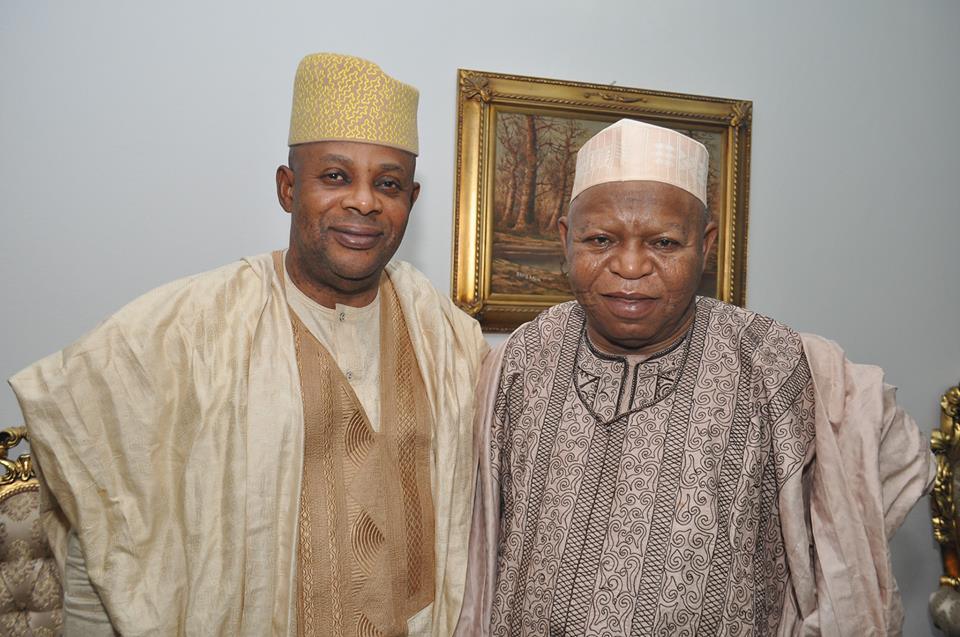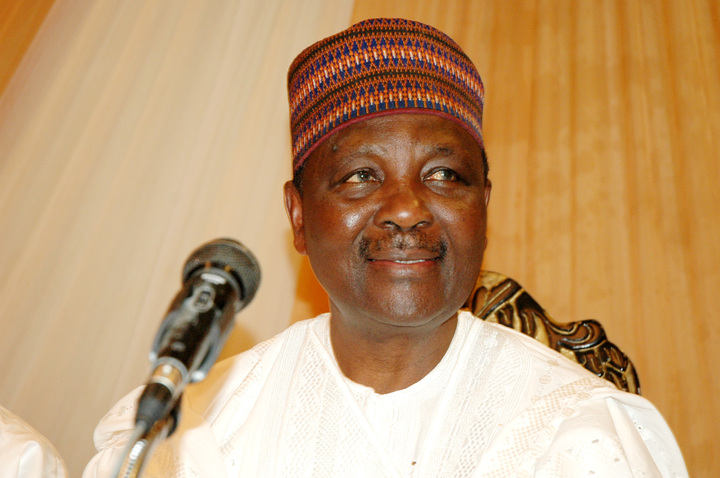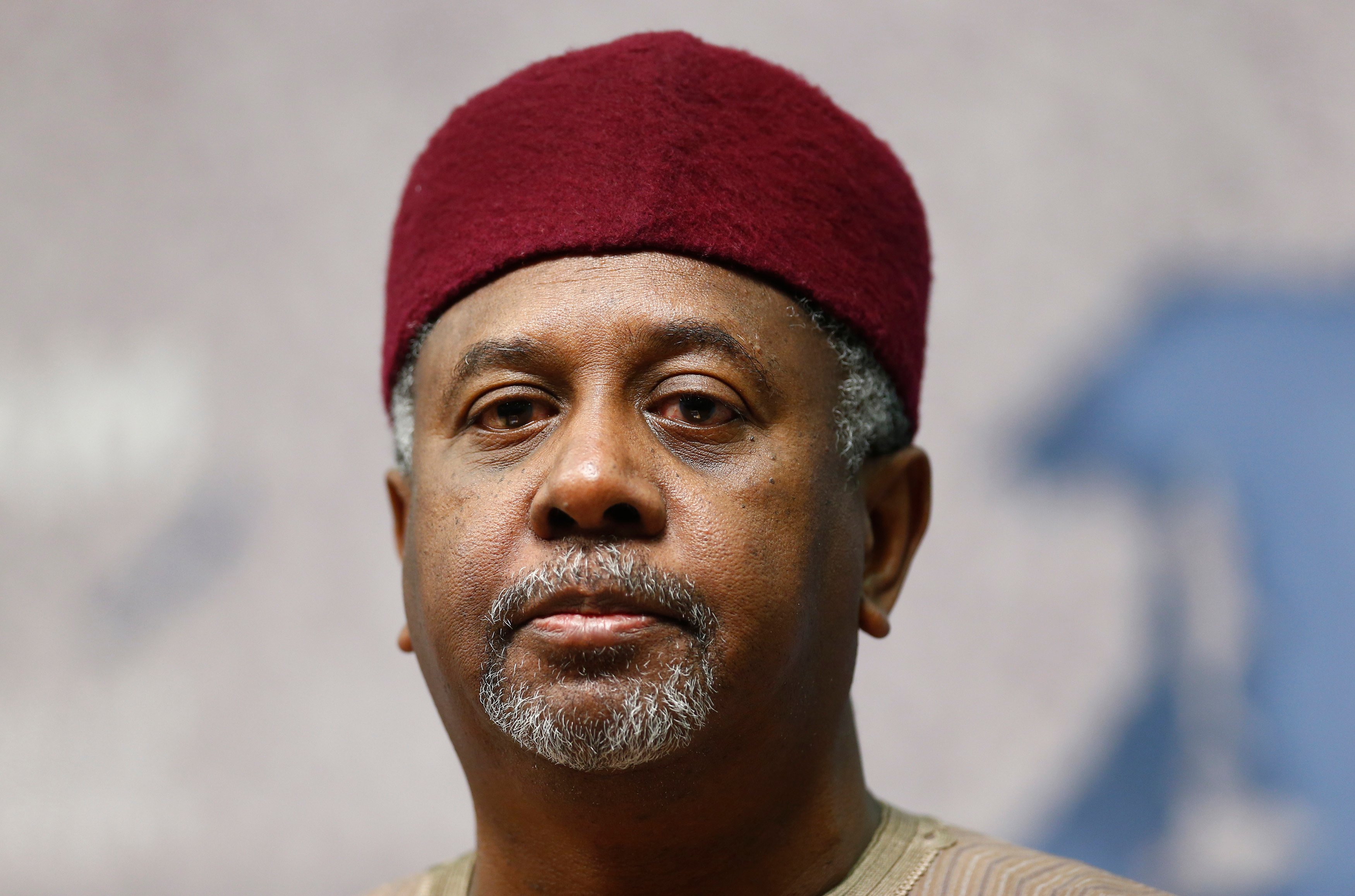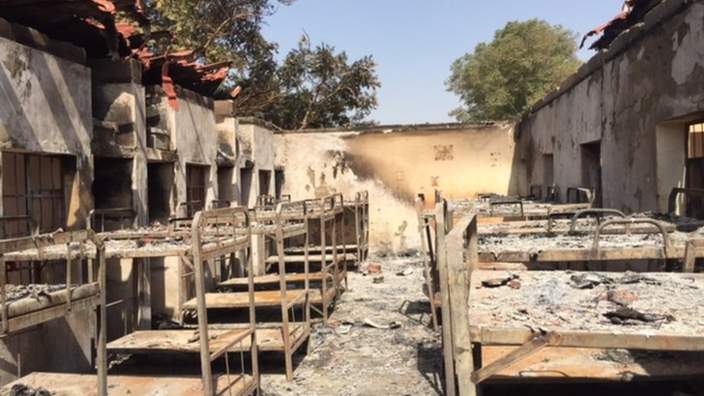Some things are predictable in life, but many things are not. When the 1979 constitution was being drafted, a provision was introduced with the hope of promoting national cohesion. The drafting committee proposed that for anyone to be elected president, he must, in addition to winning the highest number of votes, score at least 25% of votes cast in two-thirds of the states of the federation. Dr. Yusuf Bala Usman, acclaimed historian now of blessed memory, raised a very important point: what is two-thirds of 19 states (as we had then)? For whatever reason, his question was unanswered. It looked like a minor issue. But what happened next?
In the presidential election of 1979, Alhaji Shehu Shagari of the National Party of Nigeria (NPN) scored 5,798,857 votes, beating Chief Obafemi Awolowo (Unity Party of Nigeria, UPN) who came second with 4,916,651 votes. The Great Zik (Nigerian Peoples Party, NPP) came third with 2,822,523 votes. But there was a problem: Shagari scored 25% in only 12 states — and so what is the two-thirds of 19 states? 12? 13? It became a monumental controversy. A major litigation ensued. Awolowo filed a petition, maintaining that Shagari did not fulfil the requirements of the Electoral Decree 1977 (the 1979 constitution was yet inchoate).
There were no easy answers and, indeed, emotions were heated up. Awolowo wanted a run-off, insisting that two-thirds should be 13 states since you cannot divide a state or a human being into fractions. Actually, two-thirds of 19 states would be 12.67, which mathematicians such as Professor Chike Obi (who was Awo’s associate, by the way) approximated to 13 states. Nevertheless, the electoral commission maintained that Shagari had won. The contentious “twelve two-thirds” formula was there and then invented: that Shagari won at least 25% in 12 states, plus at least 25% of two-thirds of the votes cast in the 13th state.
The 13th state was Kano where 1,220,763 votes were recorded. Two-thirds of that would be 813,842 and 25% of the two-thirds would be 203,460.5. Since Shagari scored 243,432 votes there, the electoral umpire controversially declared that the NPN candidate had met the requirement and won the election. The Justice Boonyamin Kazeem-led tribunal ruled in favour of Shagari. The Supreme Court agreed but said it would not be a precedent. Awo had been hoping for a run-off, apparently planning to go into an alliance with the other parties to edge out the NPN. He described the judgment as a “perfidy of justice” but accepted it all the same in the spirit of democracy.
Advertisement
Today, we would never face the same problem again. Two-thirds of 36 states will always be 24. That was the lesson we learnt from the 1979 experience. When President Umaru Musa Yar’Adua became incapacitated in 2009 and could not legally empower his deputy, we introduced a constitutional provision to cover the lacuna after overcoming the crisis in 2010. It came handy in resolving a similar situation in Taraba state in 2012. That is how constitutions are developed in democracies. Nobody can predict everything that will happen in life. Even the Holy Books do not mention cocaine or twerking — but the clerics have devised ways of dealing with those naughty issues.
The crisis that rocked — or is still rocking — Kogi state should offer yet another opportunity to test and strengthen our laws. Prince Abubakar Audu, the governorship candidate of the All Progressives Congress (APC), was coasting home to victory in the November 21 election when he suddenly died. The electoral commission declared the election inconclusive because of the number of cancelled votes. Audu had polled 240,861 votes, while Wada, candidate of the Peoples Democratic Party (PDP), got 199,514 votes. The margin of 41,353 was less than the total number of “cancelled votes” which was 49,953 — and this is significant enough to determine the winner.
But there is a problem: only 25,000 of these 49,953 could vote, and that means Audu’s lead was practically unassailable. Give the entire 25,000 votes to Wada and Audu would still win. So I believe INEC erred in declaring the election inconclusive. But INEC was also not at fault. The electoral act does not say the election should be rerun on the basis of PVCs issued or number of accredited voters. It says “number of registered voters”. Technically, therefore, INEC obeyed the law. But for all intents and purposes, all the 49,953 registered voters would never turn up to vote. I will be surprised if 50% of them come out during the December 5 supplementary election.
Advertisement
The major bone of contention today is: what happens now? The laws did not envisage the death of a governorship candidate after results are partially announced. The legal provisions only cover (1) if a governor-elect is unable to be sworn in and (2) if a governorship candidate dies before the election. There is, therefore, a constitutional crisis, as we had in 1979. It is an unchartered territory and any loser will certainly feel hard done by. INEC says APC should produce another candidate to complete the election, effectively meaning whoever APC names will be the next governor of Kogi state since APC’s lead is clearly unassailable. Just name it and claim it.
Some Kogi east lawmakers want Audu’s son to replace his father. This will fulfil a Yoruba proverb: “Bi’na baku afi eru b’oju, b’ogede baku afi omo e ropo.” But why not Audu’s daughter? Or wife? Or nephew? Or niece? It is a joke, right? Let the lawmakers go to court to enforce the family hereditary rights of the Audus. They can quote the Yoruba proverb in court as their authority or as the established tradition in folklore. For me, it is a joke and they need to pursue the joke to a logical conclusion. There is nothing wrong in comedy paying a courtesy call on tragedy, as long as the dramatis personae know the limits of dry humour.
The APC, meanwhile, has picked Alhaji Yahaya Bello to fill the vacancy. Bello came second to Audu during the party’s primary. I believe APC took a wise and fair decision. Conducting a fresh primary and allowing new candidates in the middle of an election does not make any sense to me. There was a proper contest before and the second best is the democratic, logical candidate to fill the space left behind by the first choice if a replacement is needed. The irony, though, is that Bello had his own running mate during his campaign: Olusola Olumoriti. Bello will now have to live with Faleke, Audu’s running mate. Such is life: you win some and lose some.
Faleke, on his part, also has a very strong case. The established legal and constitutional pattern is for the deputy to inherit the mandate of his principal. If the governor dies, resigns or is impeached, the law says the deputy will step in. If the governor-elect is unable to assume office, the deputy-elect steps in, says the law. By the same logic, therefore, if the candidate dies or resigns during the election, the running mate should inherit the flag. Faleke can, in fact, ask the court to upturn INEC’s decision to declare the November 21 poll inconclusive. He can say it was conclusive at first run. This will complicate matters but I think it can be argued in law.
Advertisement
Not to be left out, Wada and PDP have headed to court, demanding that he should be declared winner since the leading candidate has died. Wada is the surviving candidate with the highest number of votes, so maybe he has a small point. But I think his case is weak. It would amount to rewarding failure. The Supreme Court ruled in the case of Chibuike Amaechi in 2007 that it is political parties that contest elections. If the APC candidate wins and dies, therefore, it is still APC’s victory. I am sure the Kogi fiasco will end up generating many court cases. It is far from over. It will be good for our constitutional development, I hope.
Whatever the final outcome is, I would like to draw the attention of the lawmakers to other possible scenarios so that they can amend the laws and avoid future constitutional crises. One, what happens if a governor-elect defects to another party BEFORE he is sworn in? The Supreme Court says it is a party that is elected, not a candidate. There is a potential gap there. Two, what happens if both governorship candidate and his running mate die BEFORE final results are announced? Three, what happens if both the governor-elect and his deputy die BEFORE swearing-in? You may think I am being ridiculous, but that was also what they thought of Bala Usman too. Knotty.
And four other things
NAIRA WATCH
The naira is currently trading at N242 to $1 in the black market. Officially, it is N197, but only for the privileged few. That is a margin of N45 per dollar. Imagine the privileged importer who gets $10 million from the CBN and diverts it to the black market (they know how they do it). That is a cool N450 million profit without sweat. Meanwhile, prices of goods and services are rising — and our reserves are falling just to keep the official rate at N197 by any means possible. But let us see how long we can hold on. Waiting.
Advertisement
KOGI KOMEDY
Does anybody still wonder why Nigeria is like this? The truth is that no society can rise above the quality of its leaders. Some retarded APC lawmakers from Kogi state have threatened to impeach whoever emerges as the next governor of the state except Mohammed Audu is picked to replace his father, who died suddenly during the gubernatorial election. The most important thing to them is not what is right or who is going to be a good governor. Even if the new governor is very competent and visionary, he would be impeached because he is not Audu’s son. Nonsense.
Advertisement
WAGES OF SIN
Dear Nigerians, without oil you are nothing. When it sold for $126, you got a new minimum wage. Your governors went on an employment spree. They engaged thousands of SAs and SSAs. They flew chartered flights all over the place to hold political meetings and have some rendezvous in Las Vegas. They spent recklessly. I’m sorry to inform you that oil is now $40 and they can no longer pay the minimum wage. In fact, many of you have to be sacked. Expect to be regularly owed five months salaries except crude oil prices rise again. What a society. Thoughtless.
Advertisement
THE APC ERA
At this rate of depletion, the PDP will be left with no more than five or six states by 2019. How are the mighty fallen! The party that wanted to rule us for 60 years has become a Lilliput. What it doesn’t lose at the polls, it loses at the courts. Expectedly, its members are trooping to the reigning champion, the APC. The irony, though, is that I’m yet to see any difference between APC and PDP. Of course, I have my own theory: 99.99% of Nigerian politicians are the same, no matter their party. It’s just a change of colours. Chameleons.
Advertisement
2 comments








@ Some Kogi east lawmakers want Audu’s son to replace his father. This will fulfil a Yoruba proverb: “Bi’na baku afi eru b’oju, b’ogede baku afi omo e ropo.” But why not Audu’s daughter? Or wife? Or nephew? Or niece? It is a joke, right? Let the lawmakers go to court to enforce the family hereditary rights of the Audus. They can quote the Yoruba proverb in court as their authority or as the established tradition in folklore. For me, it is a joke and they need to pursue the joke to a logical conclusion. There is nothing wrong in comedy paying a courtesy call on tragedy, as long as the dramatis personae know the limits of dry humour.” I sincerely appreciate your sense of humour!
Read more at: https://www.thecable.ng/audus-death-deadly-scenarios
D position of governorship is not a family matter. I wonder hw dis pple said Muhammad Audu shud abdicate his father’s position. Pls it is not done in Nigeria politics bcos we don’t want pdp to take d position in d court.